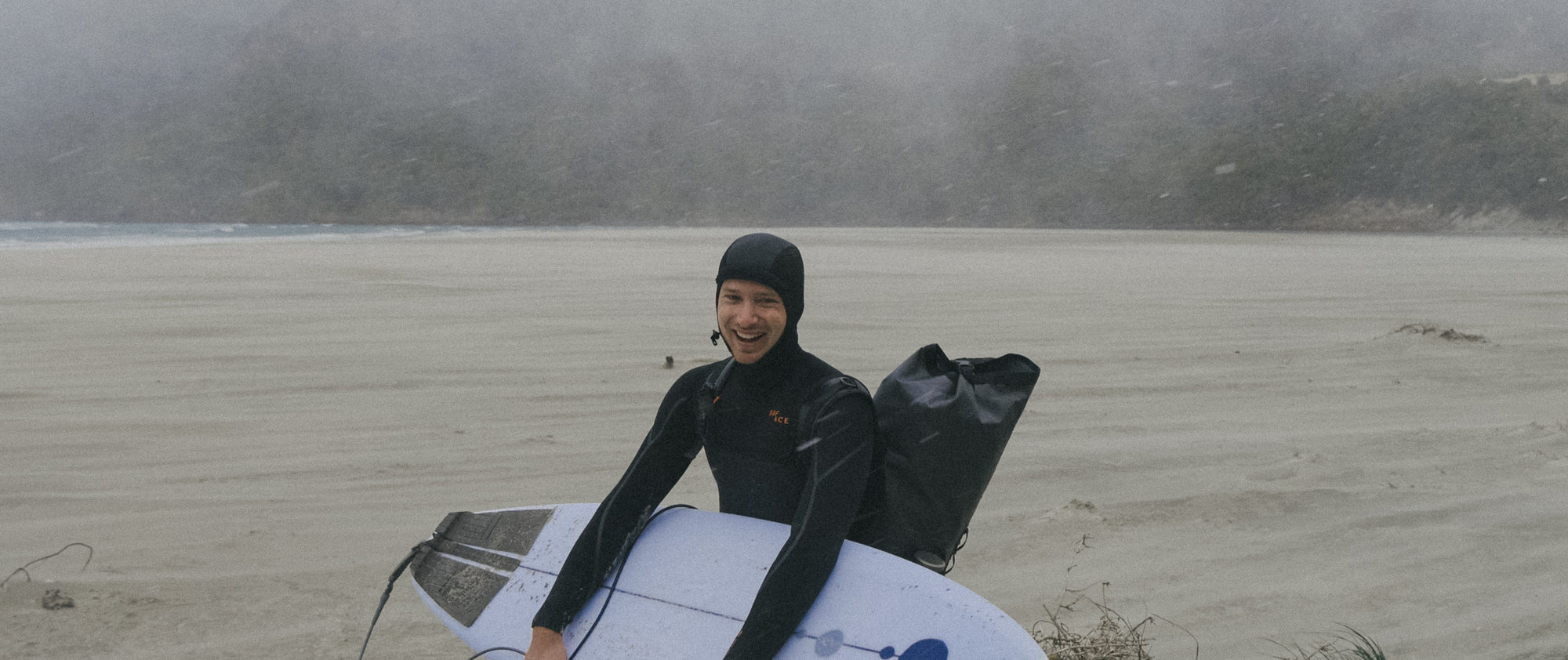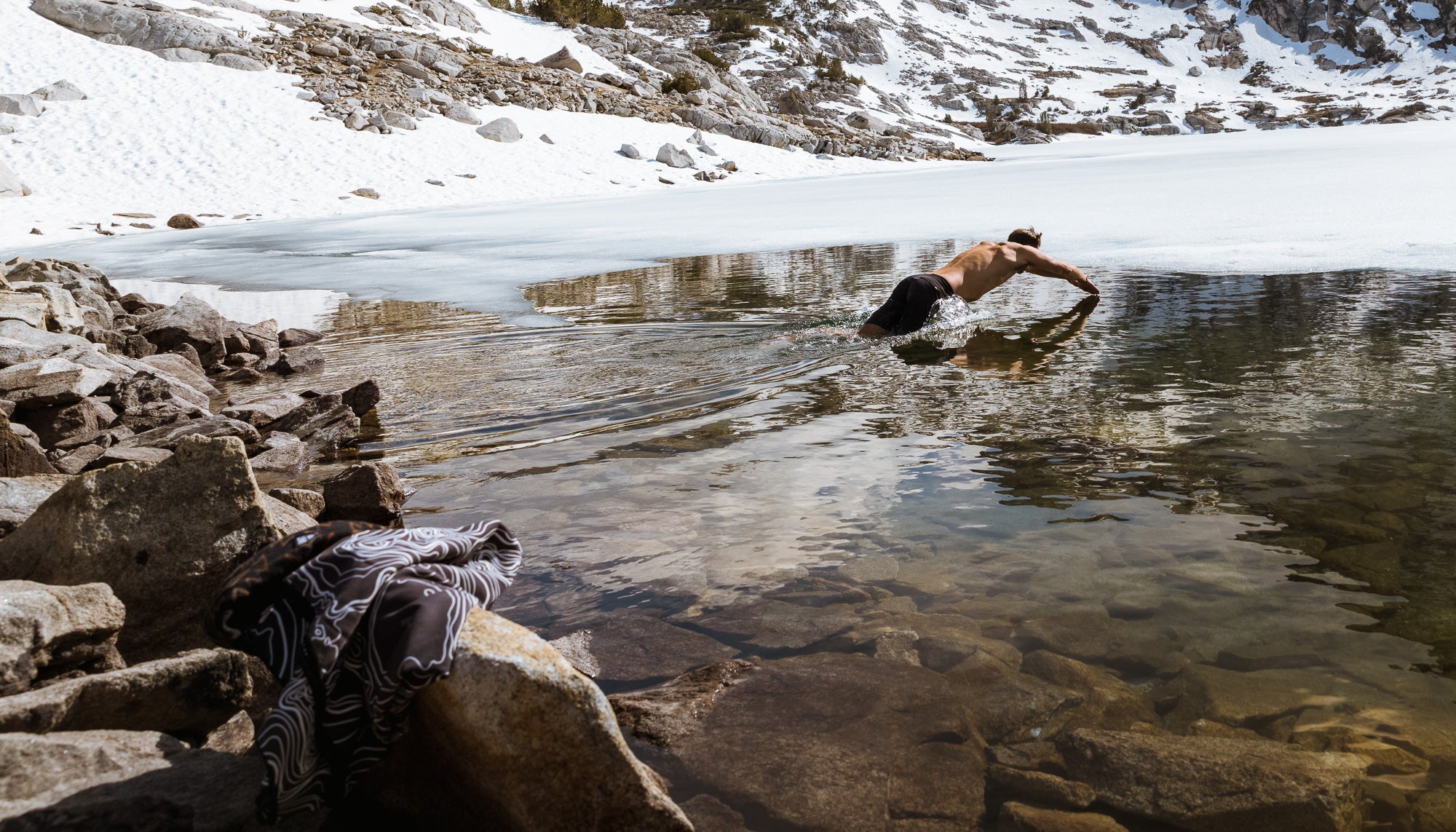Most people are well aware of the anecdotal healing power that being outdoors brings to our emotional, physical and even mental well-being. Our friends post photos of the sunset with captions that claim their “soul needed that”, our parents have long spoken about the power of Vitamin D; but what do these things actually mean? What are the cold hard scientific benefits of being in fresh air? Below is a curated list of the top 10 powers of the outdoors.

1. Increased Immunity
Research has shown that certain chemicals produced by plants increase humans white blood cell count when we breathe fresh air. Not to mention the cardiovascular benefits that you are getting from whatever outdoor activity you are participating in!
Did you know jumping in ice-cold water boosts immunity, too?
2. Improves Brain Function
You probably already know that oxygen is critical to maintaining brain health and development, but do you know why? The fresh air of the outdoors sends oxygen through your blood to your brain, enabling your lungs to operate at full capacity. The more oxygen going to your brain, the better your brain performs. Who doesn't want that?

3. Prolonged Focus and Concentration
This is one of the many benefits of improved brain function. Spending time outside improves your concentration and focus throughout the rest of the day.
4. Heat from Sunlight Naturally Reduces Pain
Feeling crampy and achy? Much like a targeted heating pad on sore muscles, the heat from the sun can reduce minor aches and pains. Just ensure you're not getting cooked out there and have the right sun protection.

5. Aromatherapy Reduces Stress
Is there anything better than the smell of crisp fresh air, pine trees, or salt water? This ties into the abundance of oxygen and clean air outside. Natural scents like these are directly linked to reduced anxiety and feelings of calmness.
6. Helps Relieve Seasonal Affective Disorder
Doctors have noted that regardless of the weather, spending time outside, even if it is cold and grey, can reduce the effects of SAD- seasonal affective disorder. Some of the impacts of SAD are depression, anxiety, and a lack of concentration. Obviously, sunshine is the best cure, but it helps to know that even simple, fresh air can aid in reducing symptoms of SAD!

7. Drops in Cortisol Reduce Anxiety and Lower Blood Pressure
Cortisol is the stress hormone, and evidence supports that being outside for 20 minutes a day is linked with lower & healthy cortisol levels.
8. Enhanced Creativity
Studies show that people are generally more creative when they are walking or engaging in daily activities outside. The activity is said to enhance your cognitive abilities.

9. Vitamin D Supports Nerve Growth
In our body, Vitamin D acts as a neuro compound responsible for regulating the development of the nervous system and is commonly used in treating neurodegenerative disorders like Alzheimer's.
10. Reduces Chance of Developing Nearsightedness
The sun casts out UV-B sun rays, which trigger the release of dopamine in the retina and circulate vitamin D. These things work together to protect the eyes from growing in a way that causes nearsightedness. Don’t stare into the sun, though!

Conclusion
The next time you go to hit the snooze button on your alarm, remember these 10 benefits of taking that extra half an hour in the morning to kickstart your day and body. We've got you covered if you need the right gear to get out there!
We would love if you shared this or left us a comment below if you found anything interesting or useful :)
Sources:





Comments
I felt your post was extremely well written and gave me a sense of calmness which is helpful to me getting outdoors and not relying on the treadmill too much!